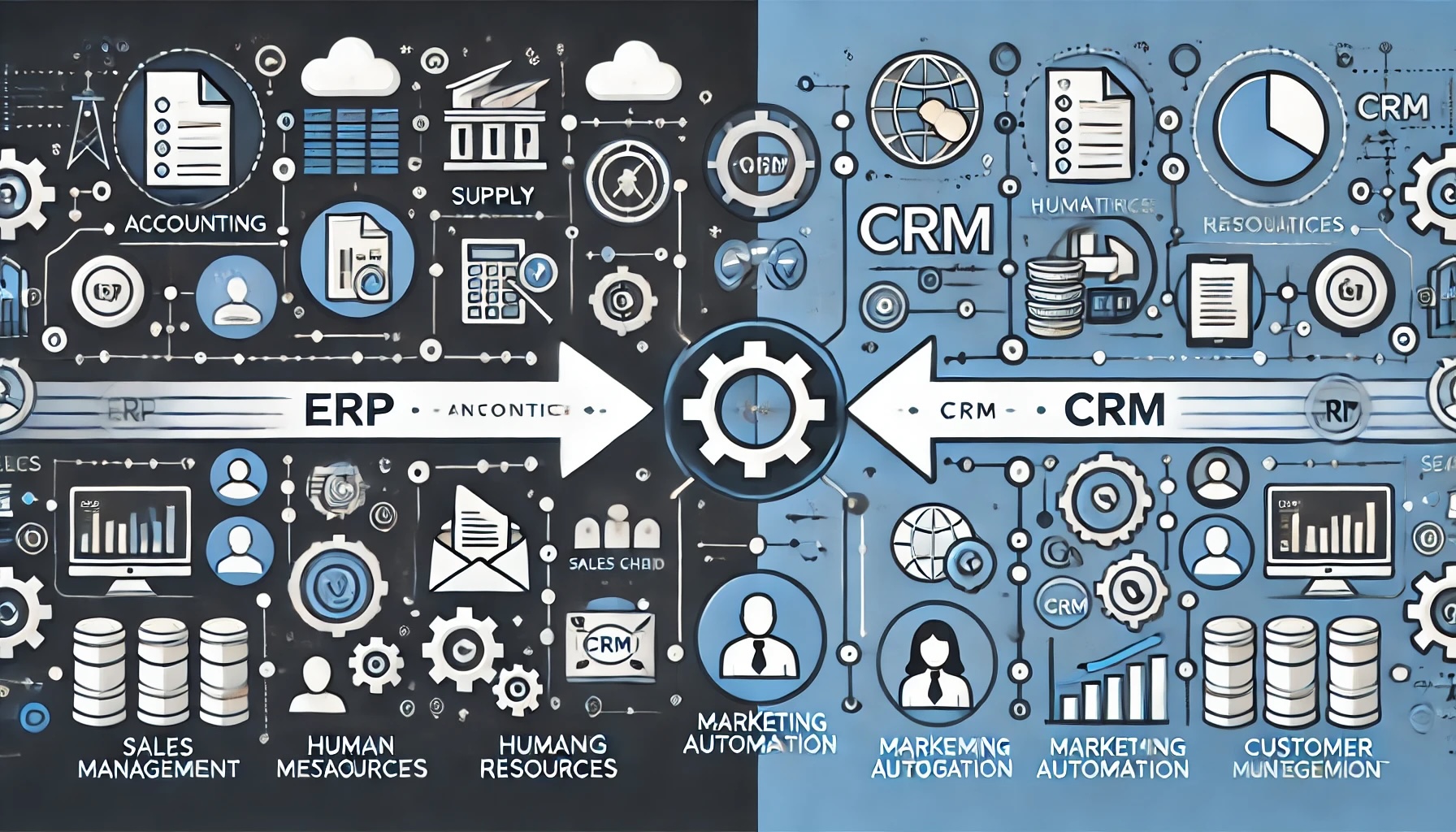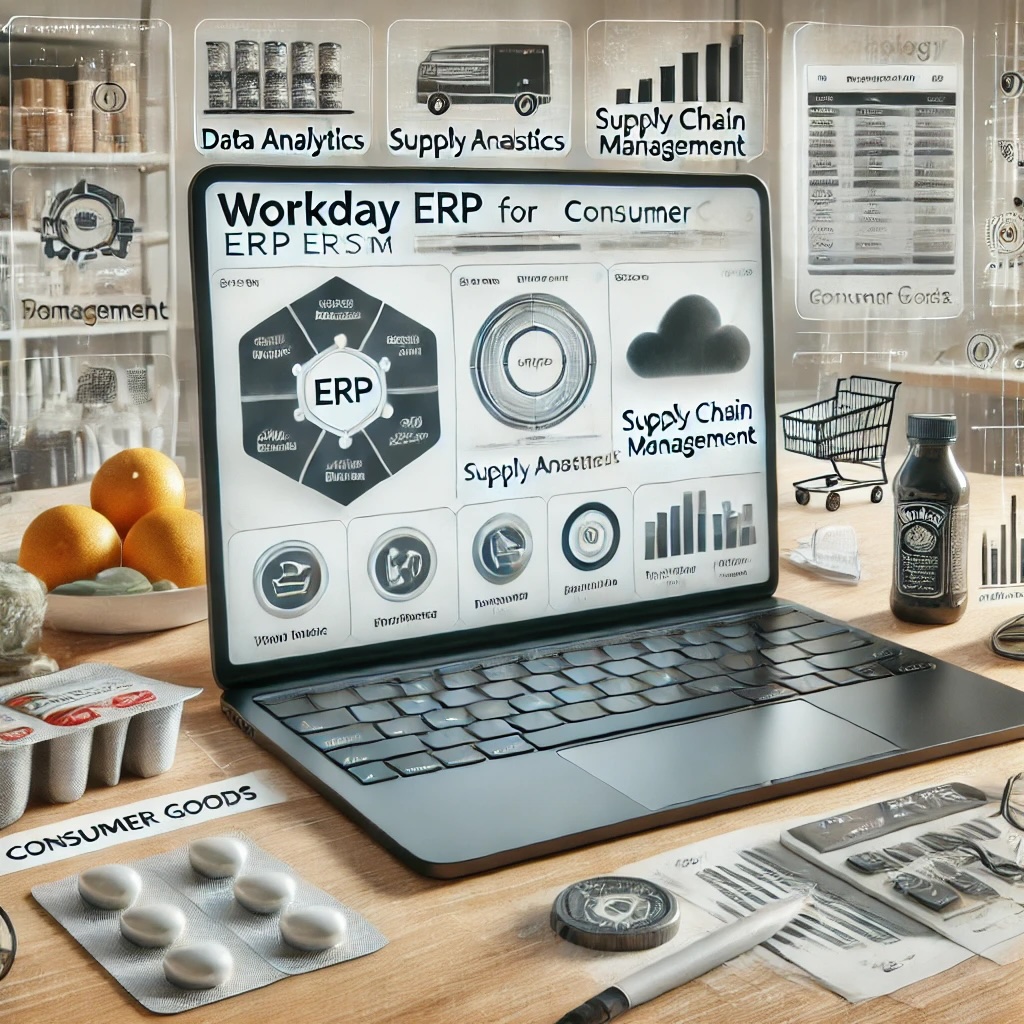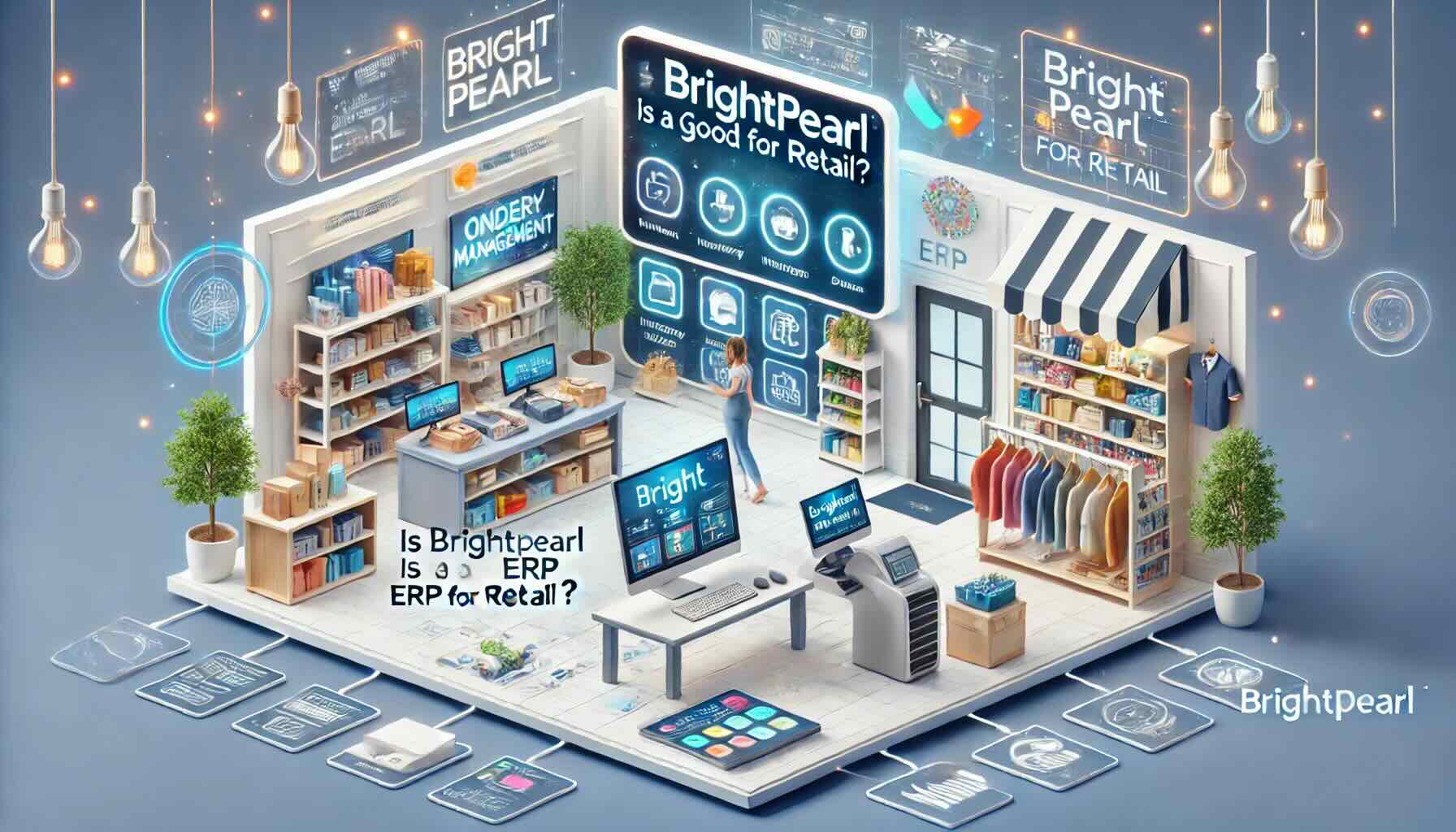Compare the Top ERP Systems in Israel

In the fast-paced and competitive business landscape of Israel, organizations increasingly rely on Enterprise Resource Planning (ERP) systems to streamline operations, manage resources, and foster growth. ERP systems integrate core business processes, enabling real-time data sharing and improved decision-making across finance, supply chain, manufacturing, and customer management. This article delves into the leading ERP systems in Israel, their features, benefits, and suitability for various business needs.
1. SAP Business One
Overview:
SAP Business One is a popular ERP solution tailored to small and medium-sized enterprises (SMEs). Known for its robust features and flexibility, this system is widely implemented in Israel across industries such as manufacturing, retail, and technology.
Key Features:
- Financial management with real-time insights
- Supply chain optimization
- Inventory and warehouse management
- CRM and sales analytics
- Localized compliance and tax support for Israeli businesses
Pros:
- Highly customizable
- Scalable for growing businesses
- Strong local support and integration partners in Israel
Cons:
- High implementation costs
- Steeper learning curve for users
Best For:
Mid-sized companies looking for a comprehensive, scalable ERP solution with strong local support.
To find out more about SAP Business One you can click this link.
2. Priority ERP
Overview:
Priority ERP is an Israeli-developed ERP solution renowned for its adaptability and affordability. It is a preferred choice among local businesses due to its alignment with Israeli regulatory requirements and its ability to cater to various industries.
Key Features:
- Multi-language and multi-currency support
- Manufacturing and logistics modules
- HR and payroll management
- Advanced analytics and reporting
- Seamless mobile access
Pros:
- User-friendly interface
- Cost-effective implementation
- Strong local expertise and support
Cons:
- Limited third-party integrations compared to global ERP systems
- Best suited for small to mid-sized businesses rather than large enterprises
Best For:
Small to mid-sized companies seeking a locally developed, cost-effective ERP solution with regulatory compliance.
To find out more about Priority ERP you can click this link.
3. NetSuite ERP
Overview:
NetSuite, a cloud-based ERP system from Oracle, has gained significant traction in Israel due to its flexibility and extensive feature set. Its cloud-first approach appeals to businesses prioritizing mobility and scalability.
Key Features:
- Unified financials, CRM, and e-commerce
- Real-time dashboards and analytics
- Supply chain and inventory management
- Cloud-based access from anywhere
- Automatic updates for compliance with local and global standards
Pros:
- Strong focus on automation
- Scalable for businesses of all sizes
- Regular updates ensure cutting-edge features
Cons:
- Higher subscription costs
- Dependence on cloud infrastructure may pose challenges for businesses with limited internet access
Best For:
Companies seeking a flexible, cloud-based ERP system to support growth and innovation.
To find out more about NetSuite you can click this link.
4. Microsoft Dynamics 365
Overview:
Microsoft Dynamics 365 combines ERP and CRM capabilities in a unified platform. Its seamless integration with other Microsoft products, such as Office 365 and Azure, makes it a favorite among Israeli businesses already leveraging Microsoft’s ecosystem.
Key Features:
- Finance and operations modules
- Sales and marketing integration
- AI-driven insights and automation
- Extensive customization options
- Easy integration with third-party applications
Pros:
- User-friendly for teams familiar with Microsoft tools
- Excellent scalability
- Advanced analytics powered by Microsoft AI
Cons:
- Customization can be time-intensive
- Costs can escalate with add-ons and licenses
Best For:
Large organizations and enterprises already invested in Microsoft’s ecosystem.
To find out more about Microsoft Dynamics you can click this link.
5. Odoo ERP
Overview:
Odoo is an open-source ERP system that has gained popularity for its modular design and affordability. Israeli businesses value Odoo for its flexibility and the ability to choose only the modules they need.
Key Features:
- Wide range of modules (accounting, inventory, HR, etc.)
- Customizable workflows
- Open-source architecture for tailored solutions
- Cloud or on-premise deployment options
- Community and enterprise versions available
Pros:
- Cost-effective for small businesses
- Highly customizable
- Active global and local community for support
Cons:
- Limited built-in features in the free version
- Dependence on developer expertise for advanced customizations
Best For:
Startups and small businesses needing a flexible ERP solution with low initial costs.
To find out more about Odoo you can click this link.
6. Zoho ERP
Overview:
Zoho ERP is another cloud-based system gaining traction in Israel. Its affordability and integration with other Zoho products make it attractive to SMEs and startups.
Key Features:
- CRM and sales pipeline management
- Inventory and order tracking
- Integration with Zoho’s suite (mail, marketing, HR)
- Real-time reporting and analytics
Pros:
- Budget-friendly pricing
- Easy to implement and use
- Wide range of integrated tools for business operations
Cons:
- Limited scalability for larger enterprises
- Fewer advanced features compared to competitors
Best For:
Small businesses and startups looking for a simple, integrated ERP system.
To find out more about Zoho ERP you can click this link.
Key Considerations for Choosing an ERP System in Israel
When selecting an ERP system in Israel, consider the following factors:
- Regulatory Compliance: Ensure the system supports local tax laws and reporting standards.
- Scalability: Choose a solution that grows with your business.
- Customization Needs: Determine whether you need a tailored solution or an off-the-shelf system.
- Cost: Factor in both initial implementation costs and long-term licensing or subscription fees.
- Support and Training: Opt for a provider with strong local presence and support services.
Conclusion
The right ERP system can revolutionize your business operations, enhancing efficiency and scalability. Israel offers a dynamic market of ERP solutions, from globally recognized names like SAP, NetSuite, and Microsoft Dynamics to homegrown champions like Priority ERP. By assessing your business size, industry, and specific needs, you can identify the ideal system to propel your organization forward.
For expert advice and hands-on support, reach out to ERP consultants in Israel to ensure a smooth and successful implementation.
To compare these ERP solutions and many more, you can use our new AI-powered Compare ERP tool. It’s free to use and you get a guaranteed discount on your first year’s licence fees with a referral from Compare ERP.









